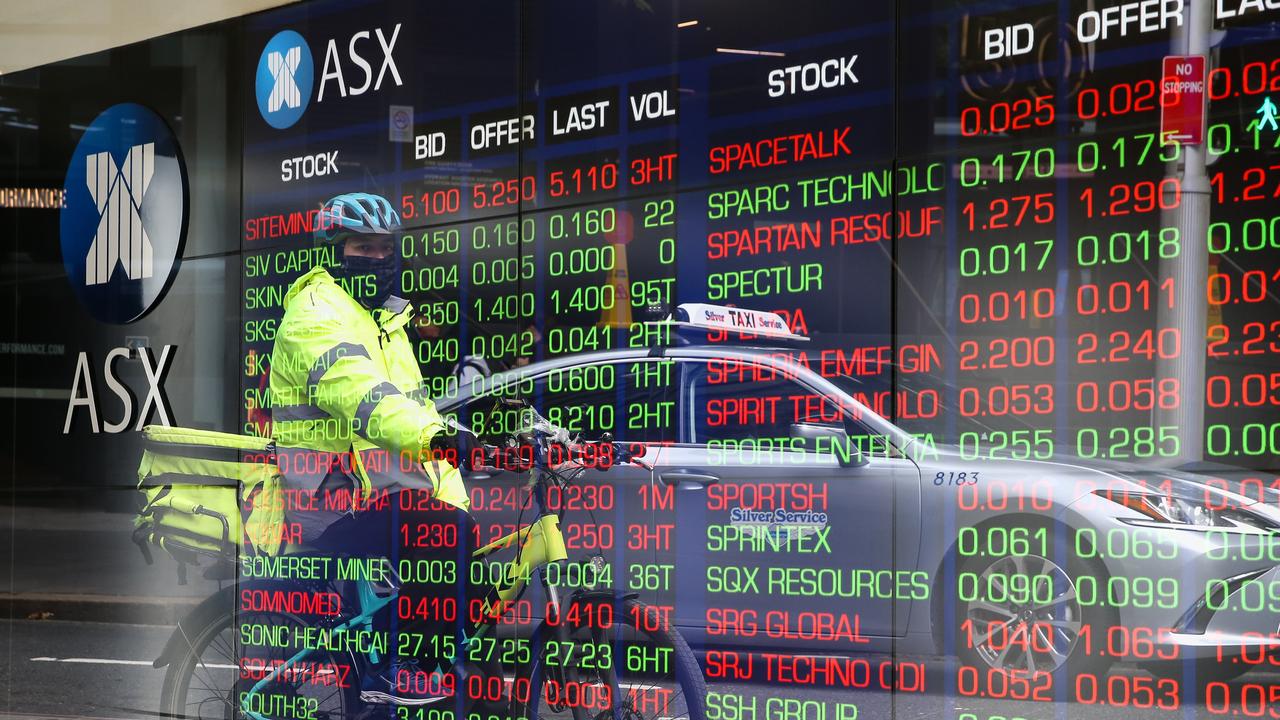Dollar stumbles lower after wild trading
THE Australian dollar fell against most major currencies overnight, capping a week of volatile trading, after a jobs report from the US Government took some of the edge off investor fears about a return to a recession.
THE Australian dollar fell against most major currencies overnight, capping a week of volatile trading, after a jobs report from the US Government took some of the edge off investor fears about a return to a recession.
Trading has been wild lately, with major central bank interventions in currency markets and panicked selling in stock markets triggering a drive for assets that are considered the safest.
The Japanese yen and Swiss franc, traditional safe-haven currencies, have soared in recent months as debt crises and fears of slowing growth hit the US and Europe. The central banks of Japan and Switzerland took steps to try to curb those gains this week.
The dollar is also traditionally a source of safety, but it has lost some of its lustre because of tepid US growth and worries over debt.
The Labour Department said overnight that employers added 117,000 jobs in July, and that the unemployment rate edged down to 9.1 per cent in July from 9.2 per cent in June.
The report helped "to diffuse some of the severe pessimism over the outlook for the US economy that has set in over the past two weeks," wrote Michael Woolfolk, a currency analyst with Bank of New York Mellon, in a research note.
A prolonged fight over raising the debt ceiling led to worries about a downgrade of the US credit rating. Recent economic data have pointed to stagnant growth and a possible drop back into recession.
After a small bump up in the wake of the better-than-expected jobs report, the dollar was mostly sold throughout the day overnight.
The euro, which had fallen as low as $1.4061 earlier overnight, got a big leg up after Italian politicians said that Italy would speed up measures to balance its budget.
Italy said it will work for a balanced budget by 2013, rather than 2014, and that could reassure the European Central Bank and prompt them to offer more aid to Italy by buying its bonds, said Brown Brothers Harriman analyst Lena Komileva.
Worries about debt levels in Italy and Spain have driven up borrowing costs in those countries recently, and investors fear they, like Ireland, Greece and Portugal, will need bailouts that may overwhelm the funds European nations have committed for aid.
In late trading in New York, the euro rose to $1.4265 from $1.4134 late Thursday. The British pound rose to $1.6362 from $1.6287.
The dollar fell to 78.34 yen from 79.02 Japanese yen. Japan sold yen on Thursday, trying to halt the yen's climb, after the dollar fell to a post-World War II low of 76.27 yen. The dollar dipped to 0.7666 Swiss franc from 0.7677 franc, earlier hitting its latest record low of 0.7576 Swiss franc despite the Swiss central bank's intervention on Wednesday.
The dollar inched up to 97.96 Canadian cents from 97.88 Canadian cents.



